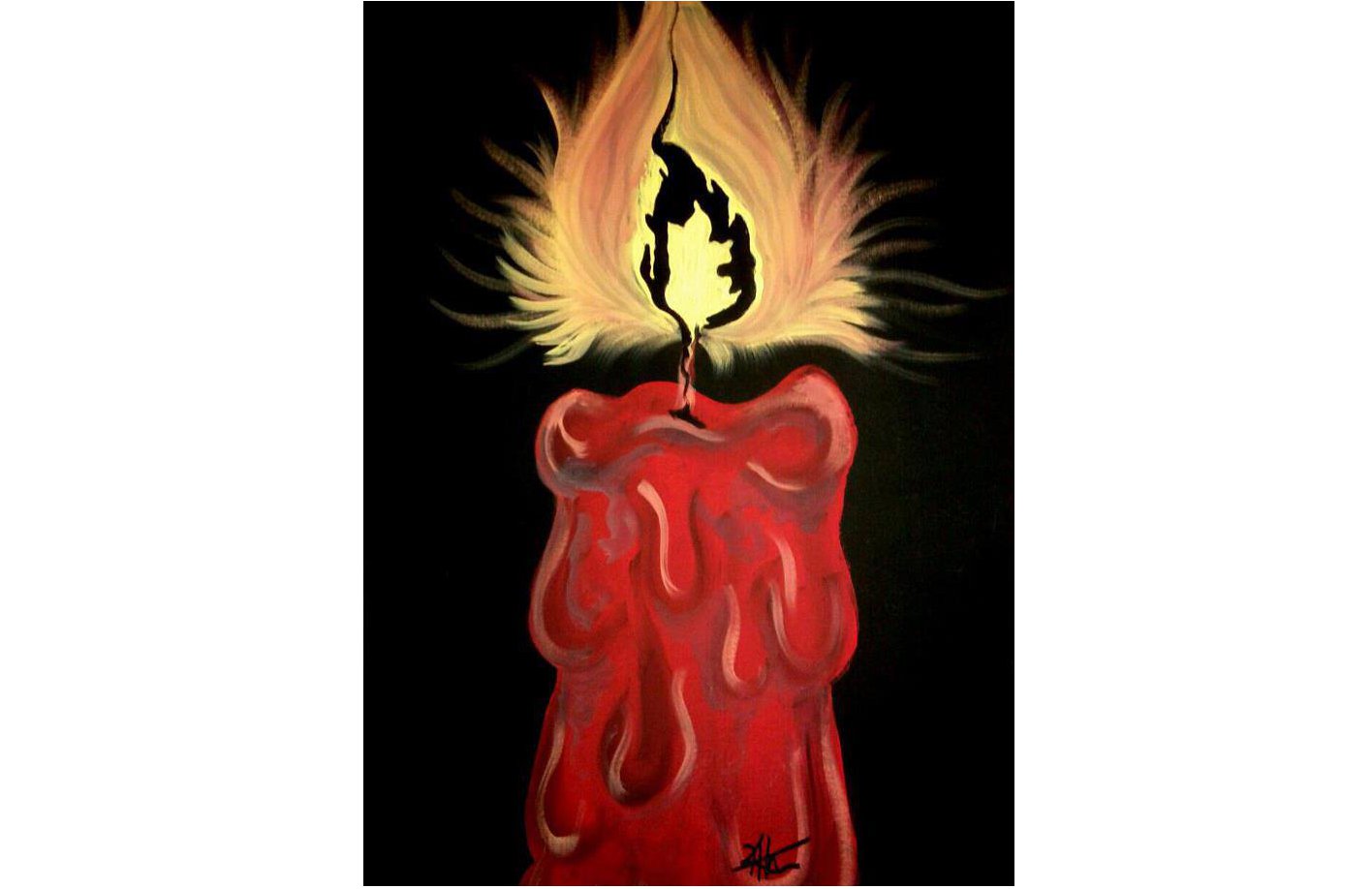The Easter Sunday attacks on churches and hotels last year were an unprecedented act of violence. Hundreds were killed on one of the holiest days of the Christian calendar, in a horrific series of blasts. On an island that has been mired by ethnic strife for so many decades, the attacks mapped on to existing fissures and were a devastating reminder of how deep-rooted they remain. The year since the blasts has seen the island move no closer towards reconciliation. Instead, Sri Lanka has predictably fallen into old patterns, reverting further towards authoritarianism and securitisation. A war criminal now sits as head of state. And the island remains fertile ground for more violence.
Serious questions about the bombings themselves remain unanswered. Sri Lanka’s own Parliamentary Select Committee report revealed a myriad of failures and worryingly highlighted how “vested interests” with knowledge of the attacks may have allowed them to proceed in order to “create chaos and instil fear” ahead of presidential elections. The report’s call for “urgent attention” remains unanswered. There has been no accountability of state or military officials who endangered the lives of hundreds and Sri Lanka's problematic security sector remains unreformed. Indeed, in a series of moves that are emblematic of the island's history of impunity, military officials responsible for human rights violations during the armed conflict have since been rewarded with promotions to senior positions. The climate of total impunity, which has allowed massacres to go unpunished and seen war criminals pardoned, has only been emboldened.
In response to the bombings, instead of reaching out to heal fractured divides, the state chose to entrench them further. The burqa was banned and anti-Muslim violence by Sinhala mobs erupted, with the collusion of Sri Lankan soldiers. Buddhist monks from extremist groups stepped up their hate speech. And predictably, nobody was convicted or held accountable for any of this violence that followed the attacks. With the election of Gotabaya Rajapaksa just months later, the toxic Sinhala Buddhist chauvinism that has been at the core of the state and fuelled decades of conflict, was once more given an authoritarian turn.
Tamils, who suffered deeply from the Easter Sunday attacks themselves, were also targeted once more. Former cadres were subjected to arbitrary arrests and increased surveillance, despite no evidence linking any of them to the attacks. This has stepped up since the election of Rajapaksa. Tamil journalists and human rights defenders now face further intimidation and harassment. And a military accused of systemic abuses maintains an overwheling presence in the Tamil homeland.
The attacks, though distinct from the decades of interethnic conflict on the island, were not felt in a vacuum and only exacerbated existing fault lines. Sri Lanka has not yet broken out of its endemic cycles of violence. The divides remain unaddressed and, under a more militarised and more authoritarian regime, now stand even starker. As candles are lit around the world to remember those killed, steps must be demanded to ensure more lives are not lost. The chauvinistic politics that drives Colombo must be tackled and its militarisation reversed. A complete restructuring of the state, with accountability and justice for mass atrocities at its centre, is needed. Without it, the island remains trapped. And more violence may follow.

Illustration: Keera Ratnam
